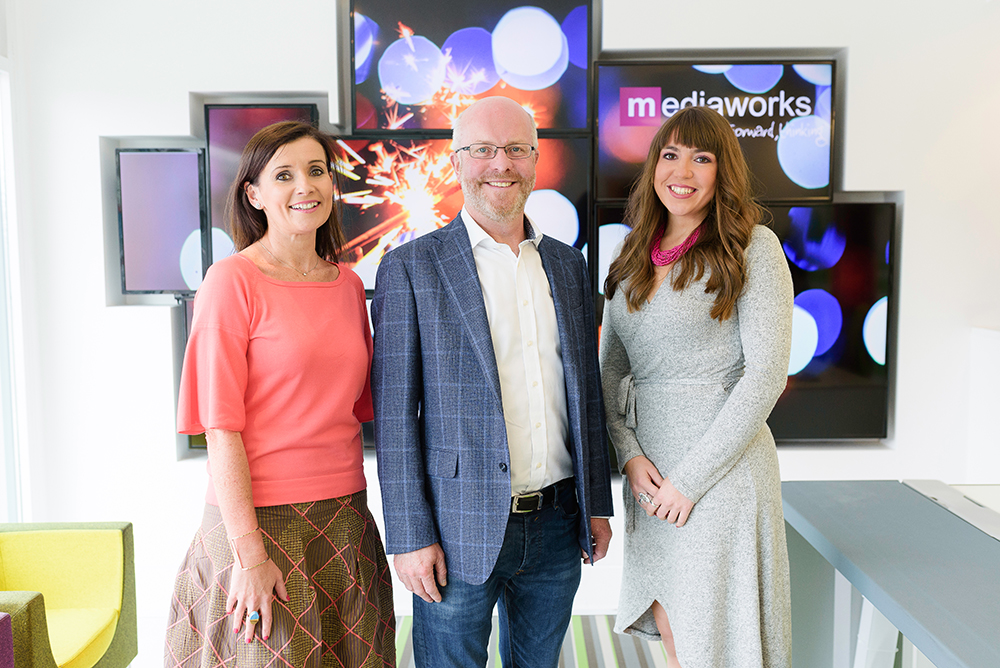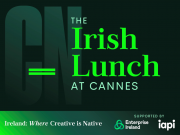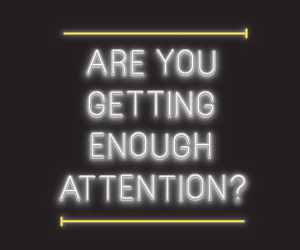
With annual billings in the order of €44mm and a blue-chip list of clients that include the likes of Lidl, Liberty Insurance, Citroen, McDonald’s, KBC and Irish Life Group, Mediaworks is one of the largest media agencies in the adland, writes John McGee.
Although acquired by Core Media for an estimated €3m in 2011, Mediaworks has managed to retain its own identity and unique culture while at the same time growing its business significantly in the intervening period.
With a string of Gold Media Awards to its name, the agency is headed up by managing director Paul Moran together with Fiona Field and Emer Lawn, who between them have witnessed many of the seismic changes that have taken place within the industry over the last 15 years.
“I think that’s just indicative of how our industry has changed. If you even look back to five years ago to the services we were offering – they’ve changed dramatically and so have the type of conversations we are having with our clients,” says Paul Moran.
“Five years ago, we were offering media planning and buying while at the same time delivering the best rates for our clients. We were also very good at digital, having adopted it as an agency as far back as 1995 when we were one of the first agencies to run digital campaigns for our clients. So, we were always forward thinking but over the last five years we have found that the range of services that we are offering has expanded significantly to reflect our clients’ business needs, not just their marketing communications needs. We are at the point that we want to be … seen more as business consultants rather than media planners and buyers,” says Moran.
“We are not fully there yet and we still have big leaps to make but we are having various levels of success with our clients and we hope to get to a position where we are not just talking to the marketing teams but to other teams and departments within client organizations. It makes everything very interesting, there’s a world of difference to the presentations we give now to those we gave 24 months ago. That’s a good thing as we demonstrate accountability and justification on all investments by clients” he says.
“For us it’s about having the right level of expertise within the agency in areas like data, digital, content, search and performance and bringing these disciplines together for our clients in a highly collaborative manner. And collaboration is crucial,” adds Fiona Field.
Given the commoditization of media, do clients see the benefits of a collaborative approach?
“I think they do,” says Field. “Collaboration can mean many different things- whether it’s a digital collaboration, a creative collaboration or even a partnership with a radio station. We try to put ourselves in our clients’ shoes and understand what their needs are, to find the comfort factors that they need to know so that the work can be a success. The reality is that the level of detail and complexity in any collaboration today is huge. And if you get one of those areas wrong it can have an impact on the client. So, our role now is to bring the right expertise because you can’t go into new fields and new areas of technology unless you’ve got specialists and the right people. And then it’s about how you plan it. And this where Mediaworks has changed quite considerably because in many ways it’s like a chef in a restaurant taking the best ingredients and being able to fuse them together to create something special,” she says.
“It really isn’t about simply creating a list of services, because any agency can create a list. However, it is important that while initially our role is to deliver high standard of media planning and buying; now, because of the experience gained through many different areas of specialisation throughout Core Media, our clients can look to us to deliver more for them. This has meant that in partnership with our clients, we can offer the most comprehensive set of solutions available from any agency in Ireland – extending through to experiential, data, creative and technology solutions,” adds Emer Lawn, a director of Mediaworks
“I suppose a lot of clients come to us initially thinking we’re all about media planning and buying,” adds Moran. “But they then get to see and hopefully experience the range of services we have to offer.
“It’s not that we force any of these onto our clients as they can pick and choose what is right for their business needs. However, with our colleagues in Core Media, we offer the most comprehensive list of services available from any communications and marketing agency operating in Ireland, including creative and technology offerings,” he says.
Arguably, one of the biggest issues that is facing the industry now is short-termism and how it is stifling advertising effectiveness, creativity and of course budgets. And Mediaworks, like most other agencies, has already been exposed to this.
“The recession can be blamed for some of this as it created a short-term mindset. If you look at where clients are, they are under huge pressure to deliver immediate results. A lot of companies are now reporting on a quarterly basis and this forces short term planning and thinking. Planning short term and tactical activities is fine if backed up longer term strategic planning but too often this is not the case. We are trying to influence the conversation and help clients to take a consistent and longer-term view. Core Media’s award winning “Marketing Multiplied” is an invaluable initiative in framing such conversations” says Moran.
“The short-term cycle many businesses are in is also a symptom of the digital evolution of the past 15 years. When we reflect on this, the tendency is to blame digital for this, given our focus on metrics that we can see in real-time. However, in reality, it is not to take away from digital media’s effect at delivering results; but a need for us all to review digital not as only a short term channel; but one that also needs both a long and short term approach that is integrated to the overall communications strategy,” Lawn adds.
Taking a long-term view of things is also an important consideration for many media agencies. While things like digital and data, in particular, have had a considerable impact on the range of services media agencies offer, there’s been considerable debate recently about what a typical media agency might look like in five years’ time and whether or not the existing model is still fit for purpose.
“If you asked what the future might look like three years ago I would have got it wrong,” says Moran. “That’s because we are simply learning all the time and I suppose that’s the exciting part of it. We knew we needed a to offer a strong data solution three years ago. We now have that and I can see this continuing to expand in everything we do. Our data offering is framing different conversations we are having with clients in terms what we can bring to their business. For Mediaworks it’s still about a journey towards becoming business partners to our clients. I know that when people hear the words business partners, they may automatically think of one of the big four accountancy firms, but I genuinely believe that our overall offering is very different to them because there is a culture behind agencies that allows us to be more creative in a way they can’t.
“We are on top of how our business will change, we are on top of how media is changing and evolving, we are on top of how technologies are evolving and how people are interacting with them. Now it’s about getting more and more data to share with our clients and deliver real business solutions,” he says.
Arguably the other big threat to media agencies comes not from clients or the industry’s inability to change itself and its business models but from the media industry itself. It could be argued strongly that the biggest single threat to media agencies in Ireland is the future viability and solvency of media owners in print, radio and even TV.
“I feel very strongly about this,” says Moran. “Unfortunately, in the coming years there will be casualties among a number of established media owners as technology and consumer habits continue to evolve. Thankfully there will also be new entrants to the media market. The domestic media which will survive need to recognise they have a huge role in education, information, entertainment and truly reflecting what Ireland is all about. One thing we are noticing is an increased focus on trust and affinity between brands and selected media channels. It’s fine if a brand is happy to be forever linked with something as glib as the Kardashians but clients are increasingly conscious of the relationship their brand is having with audiences and how can they get a deeper and more meaningful relationship with them. The key for media companies will be trust and I believe society will always want to be guided and get informed by trusted media irrespective of whether this is from a new or established media channel,” Moran concludes.
First published in Irish Marketing Journal (IMJ July/August 2017)© to order back issues please call 016611660






















